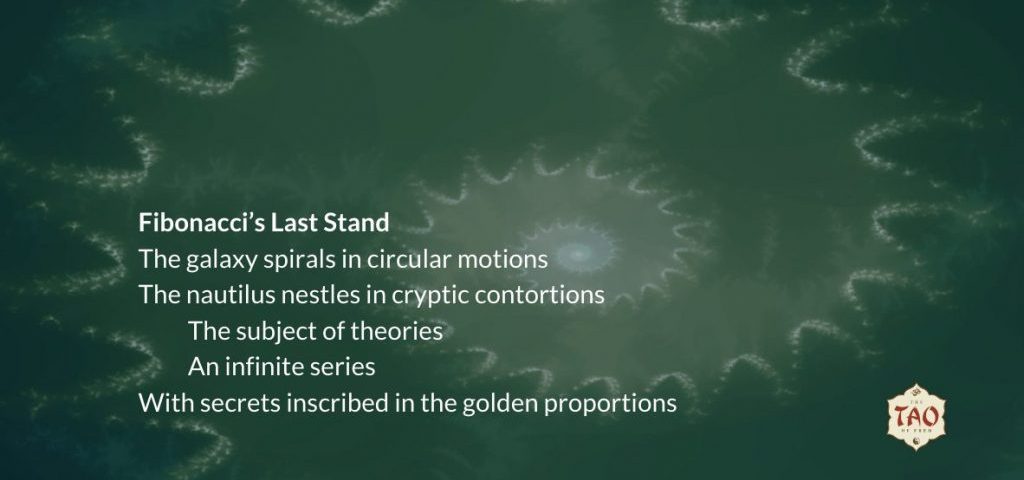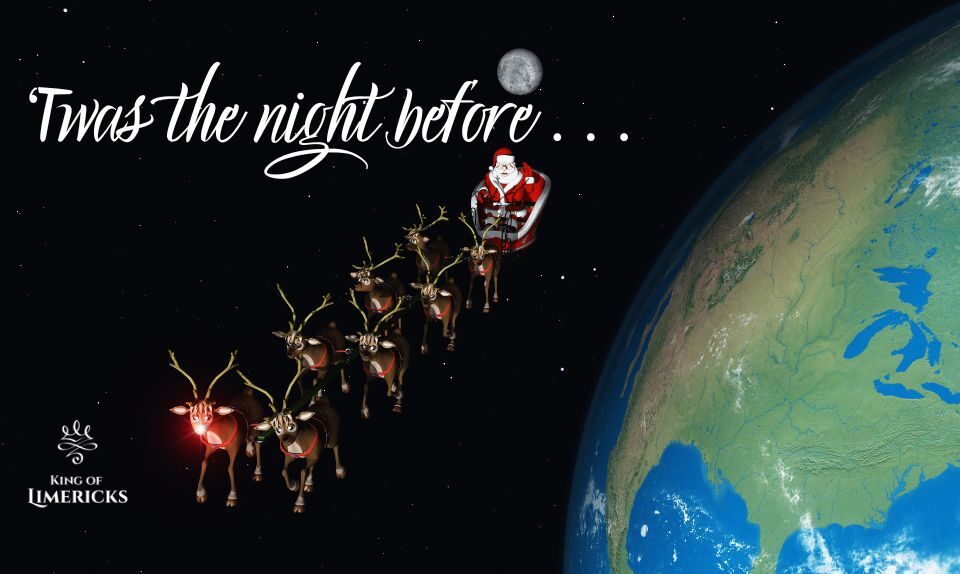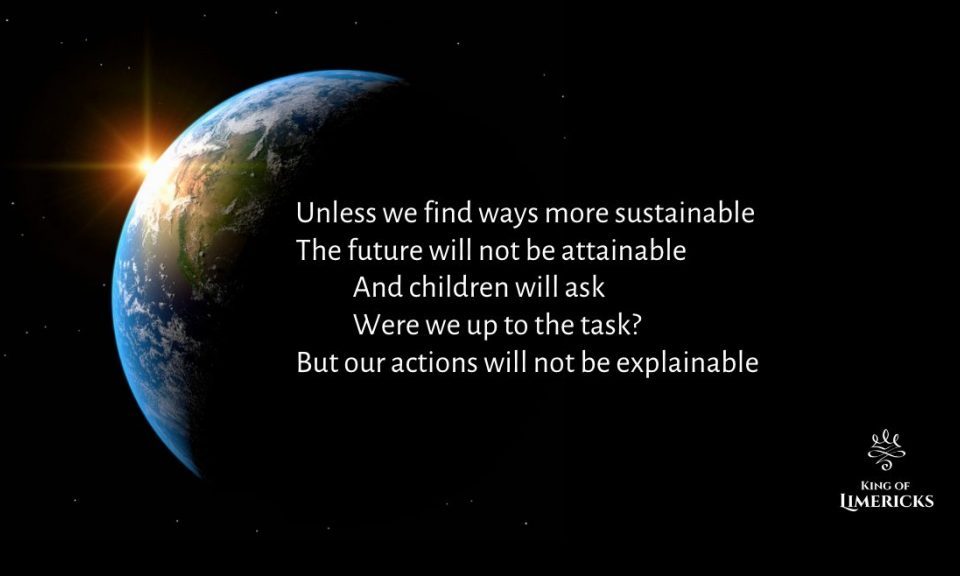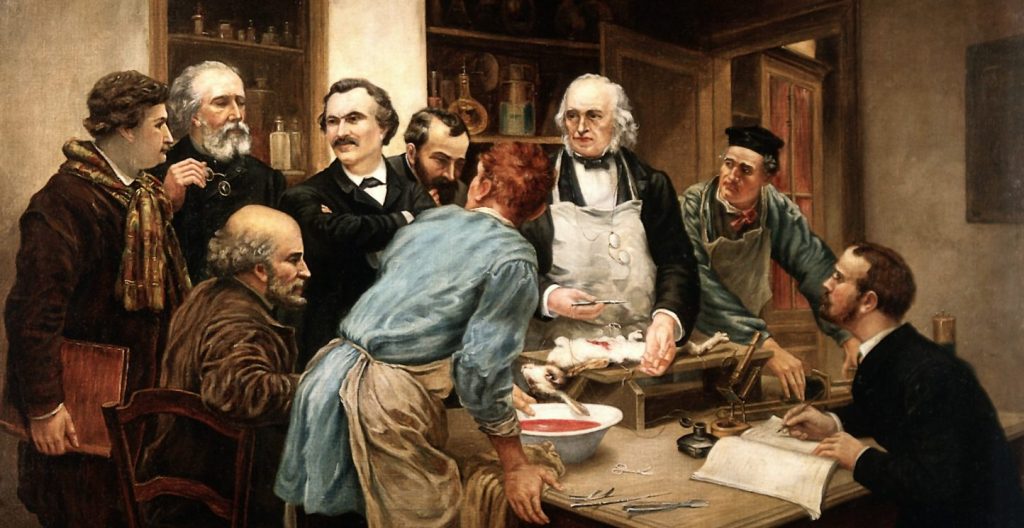
Limericks about the Life Sciences
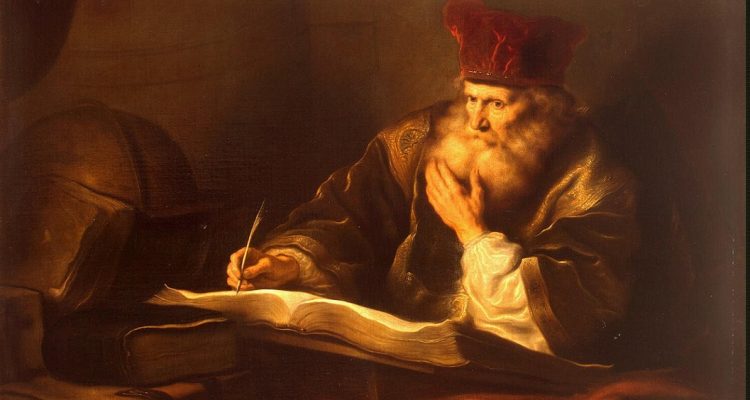
Colorful Limericks about Art History
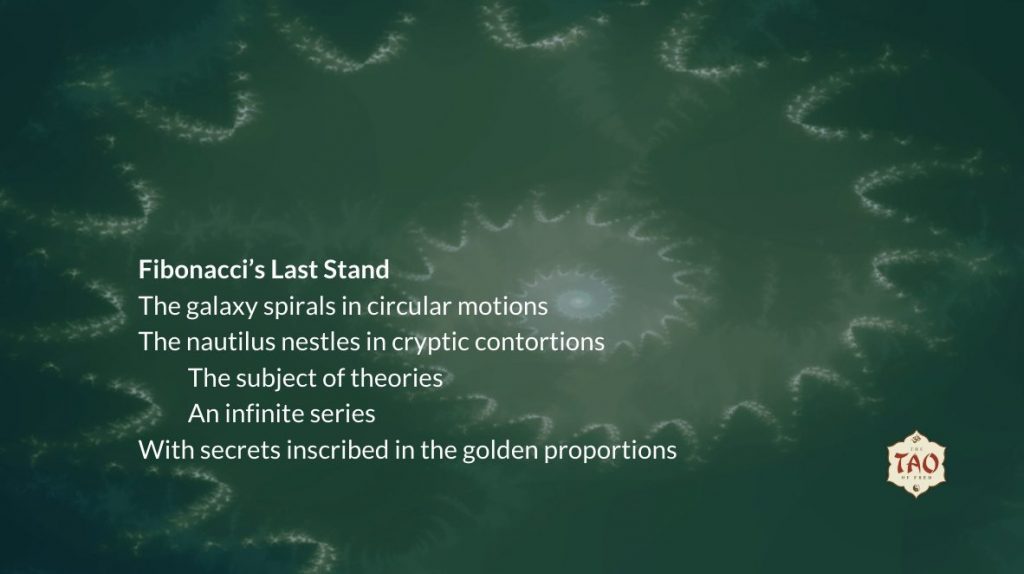
Some say that limericks and mathematics go together like quantum mechanics and relativity, which is to say, not at all. But I beg to differ. I propose that limericks hold the key to unlocking the mysteries of mathematics, the rarified secrets guarded tightly by the academic elite.
From the beginning, the great scribes and astrologers of ancient Egypt and Sumer understood math to be the language of the cosmos, the cryptic system that revealed the motions of the heavenly bodies. If anything, the following 5,000 years of history have proven them correct.
The Right Triangle
In ancient Greece, a whole religion was founded around the perfect arrangement of numbers. The Pythagoreans thought they had an answer for everything. Today, students in geometry classes everywhere celebrate the creed’s founder by memorizing and reciting his eponymous theorem.
Pythagoras
There’s a Grecian who pulled out his hairs
For a theorem your math teacher shares
The very first rule
They teach you in school
By adding the sum of the squares
The Golden Ratio
In the middle ages, great scholars began to liberate the language of numbers from the ivory tower. Fibonacci introduced the Hindu-Arabic numeral system to Italy with a lengthy treatise and series of numbers that literally went on forever.
Fibonacci’s Last Stand
The galaxy spirals in circular motions
The nautilus nestles in cryptic contortions
The subject of theories
An infinite series
With secrets inscribed in the golden proportions
Incompleteness Theorems
The 20th century brought mathematicians to a whole new level of navel gazing. With so many problems already solved, the number crunchers saw fit to turn mathematics inward upon itself. The results were puzzling and paradoxical.
Gödel’s Theorems of Unfinished Business
There’s a theorem from Gödel that’s self-referential
Says systems have limits despite their potential
Encountering hurdles
Including poor Gödel’s
The sphere of our problem becomes exponential
Limericks you can count on
As much as I love to play with words, I’m convinced that numbers are truly the universal language. When the aliens make contact, we may have trouble digesting their poetry, but I expect we will understand each other through mathematics.
Enter the Infinite
There’s borders and boundaries to physical space
But ideas exist in a limitless place
Unthinkably small
Or impossibly tall
Endlessly moving not leaving a trace
Calculus of the Cryptical
The truth’s an odd number, appearing in pages
A one or a three that we reckon in stages
Could be a seven
Or maybe eleven
It can’t be divided, the sum of the sages
Further Reading
If you liked these limericks about mathematics, you’ll be sure to enjoy:

